- 2Shares
Ayurveda always says that diet is crucial for good health. We’re all well aware of the fact that our bodies need adequate levels of nutrients to function properly. Yet, many of us end up with a vitamin deficiency at some point of our lives. And this is far more common with water soluble vitamins, like vitamin B12. In many cases, this is simply because we don’t eat these vitamin-rich foods. Today, we’ll talk to you about how you can spot, treat and avoid diet related vitamin B12 deficiency.
About Vitamin B12 a.k.a Cobalamin
Vitamin B12 is among the 8 B vitamins everybody requires to stay healthy and B12 deficiency is the leading nutrient deficiency globally. As I mentioned, this one is a water soluble vitamin – the human body cannot store such vitamins, and you need to restore their levels regularly.
Vitamin B12 benefits your body in many vital ways. It helps produce energy and red blood cells, keeps heart problems at bay, maintains the health of the nervous and digestive systems, and quite importantly, supports the generation of genetic material.
Signs of B12 Deficiency
A doctor who suspects that you’re low on vitamin B12 would typically look for these symptoms:
- Tingling in the hands and feet
- Soreness of the mouth or tongue
- Difficulty in balancing
- Depression and general “low” moods
- Extreme fatigue
- Constant weakness
- Loss of memory
- Loss of weight and appetite
- Constipation
- Megaloblastic anemia
- Confusion
- Dementia
The tricky part is that many vitamin B12 deficiency symptoms could also indicate other health conditions. So, it’s smart to fix your doctor’s appointment as soon as you spot any of them, so you can get a proper diagnosis.
Diet Related Vitamin B12 Deficiency Treatment
First, you’d need to know why you’re running low on vitamin B12 and how your body is affected. Usually b12 deficiency is diet related and cases are mostly seen in vegetarians. Vitamin B12 is largely available in meat products and vegetarians and vegans lack it in their diets. If it isn’t diet related, a doctor is the best authority on the course of treatment. But in many diet related cases, injections, supplement tablets and food can take care of the problem.
Include These B12 Foods in Your Diet:
Milk is a valuable Ayurvedic food and a high source of vitamin B12. So, having 1 or 2 cups a day can be an easy and effective way to bring your B12 levels back up. Load up on dairy products like yoghurt, buttermilk and cheese. Swiss cheese is the highest source of this vitamin among all the types of cheese. Mouth watering yogurt is another great source of Vitamin B12!
Fortified Soy Milk and Cereal too can help you easily meet your daily requirements. They’re easy to prepare for breakfast and make for a healthy snack. If you’re vegan and don’t drink animal milk, fortified soy milk is a wonderful option for you. Eat your cereal with the soy milk together, and you should be on your way back up.
Avoiding Vitamin B12 Deficiency
The key to avoiding this deficiency is to include the above mentioned B12 foods in your diet. But remember, balance is important to prevent toxicity. So, eat these foods in moderate amounts and you’ll be just fine!
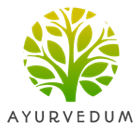
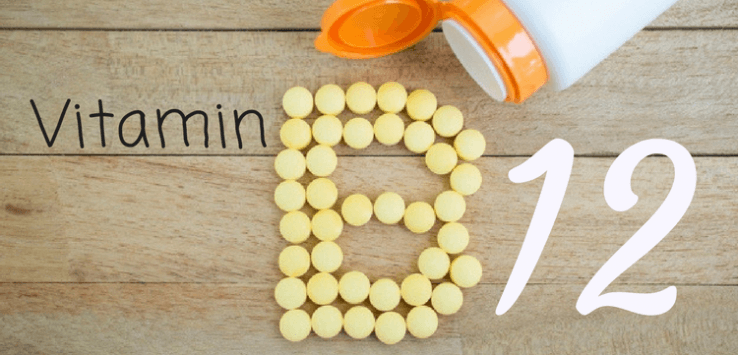

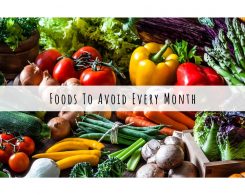
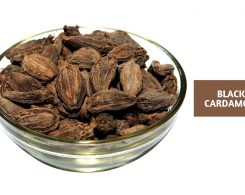
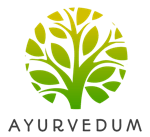
Leave a Reply